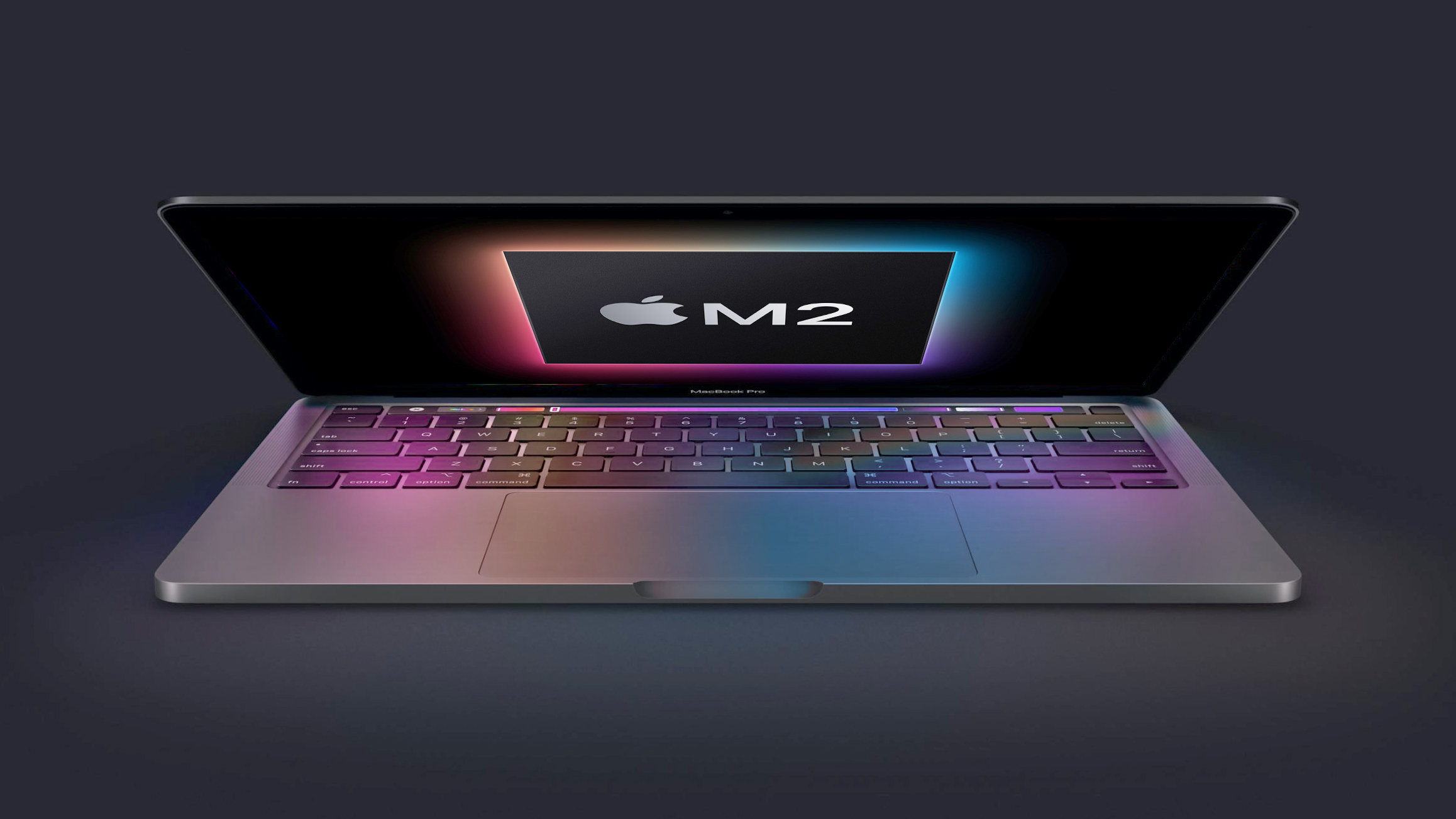![]()
Apple is internally testing several variants of the next-generation M2 chip and the updated Macs that will be equipped with them, reports
Bloomberg, citing developer logs. There are "at least" nine new Macs in development that use four different M2 chips that are successors to the current M1 chips.
Apple is working on devices with standard M2 chips, the M2 Pro, the M2 Max, and a successor to the M1 Ultra, with the following machines in the works:
- A MacBook Air with an M2 chip that features an 8-core CPU and 10-core GPU.
- A Mac mini with the M2 chip and a variant with the M2 Pro chip.
- An entry-level 13-inch MacBook Pro with M2 chip.
- A 14 and 16-inch MacBook Pro models with M2 Pro and M2 Max chips. The M2 Max chip features a 12-core CPU and 38-core GPU, along with 64GB Memory.
- A Mac Pro that will include a successor to the M1 Ultra used in the Mac Studio.
Apple has also tested an M1 Max version of the Mac mini, but the release of the Mac Studio may make such a machine redundant, so Apple could stick with M2 and M2 Pro chips when the Mac mini eventually sees a refresh.
According to
Bloomberg, the internal testing is a "key step" in the development process, and it suggests that the machines could be released in the coming months. We have heard multiple rumors about a new MacBook Air, an updated 13-inch MacBook Pro, a Mac Pro, and a new Mac mini, but this is the first we are hearing of a possible 14 and 16-inch MacBook Pro refresh this year.
Prior rumors have suggested that we can expect to see the MacBook Air, low-end MacBook Pro, and Mac mini come out in 2022, and
Bloomberg has previously said that at least two Macs will launch mid-year,
perhaps at WWDC.
Article Link:
Apple Testing at Least Nine New Macs With Four Different M2 Chip Variants




